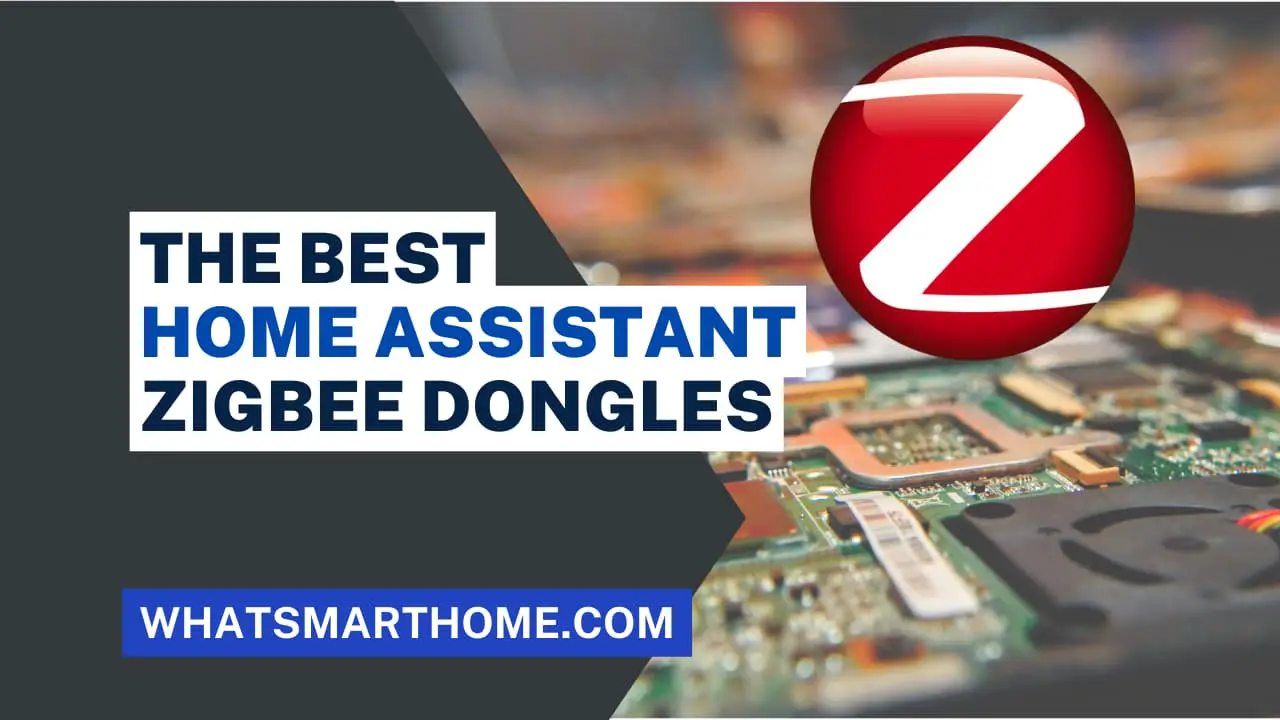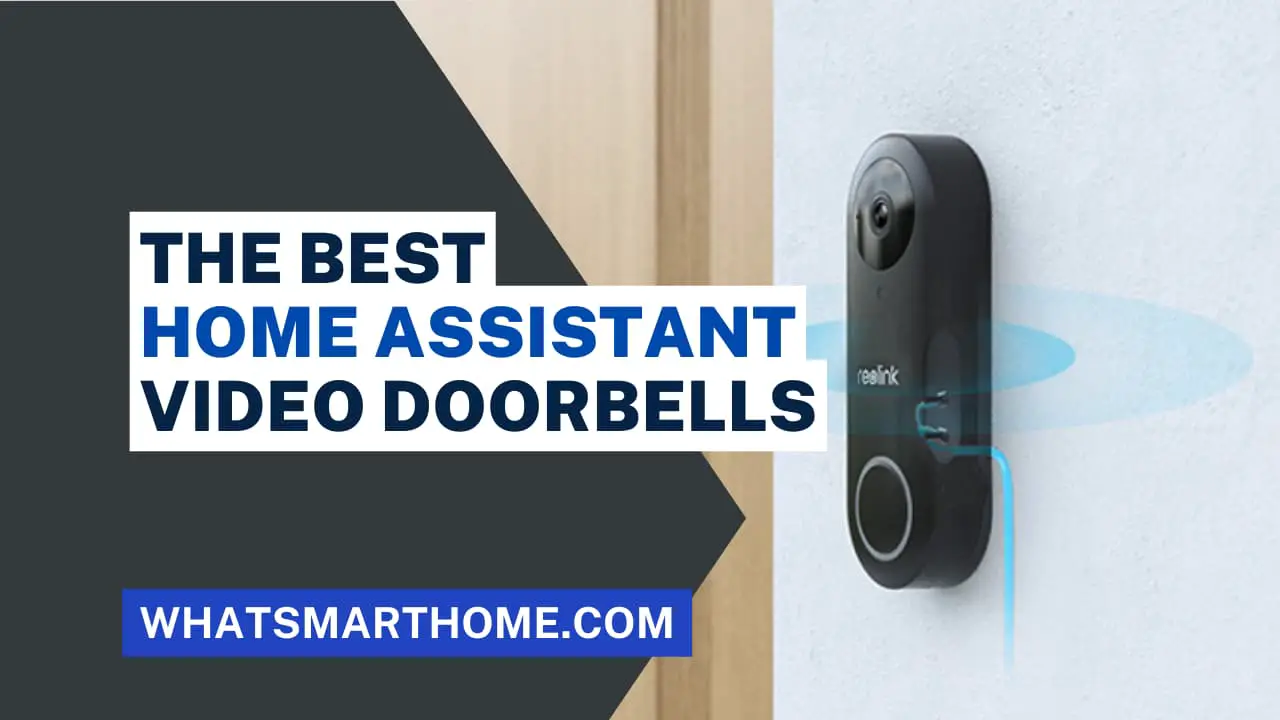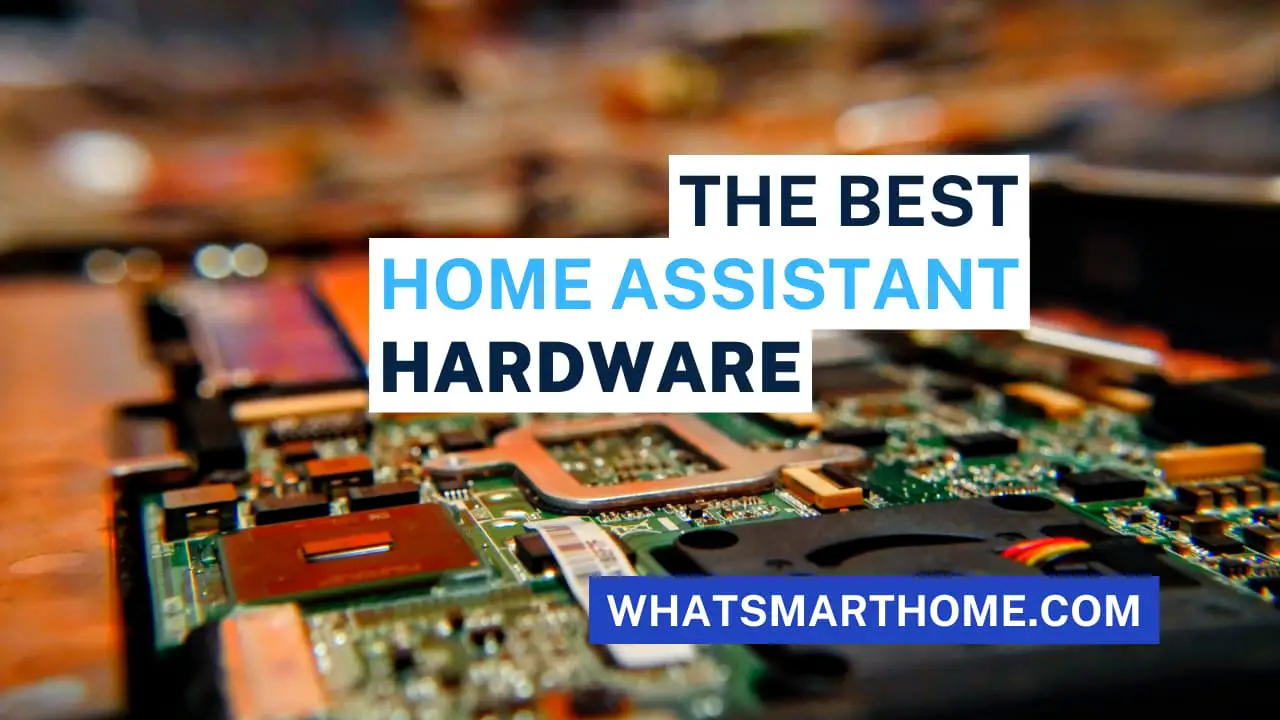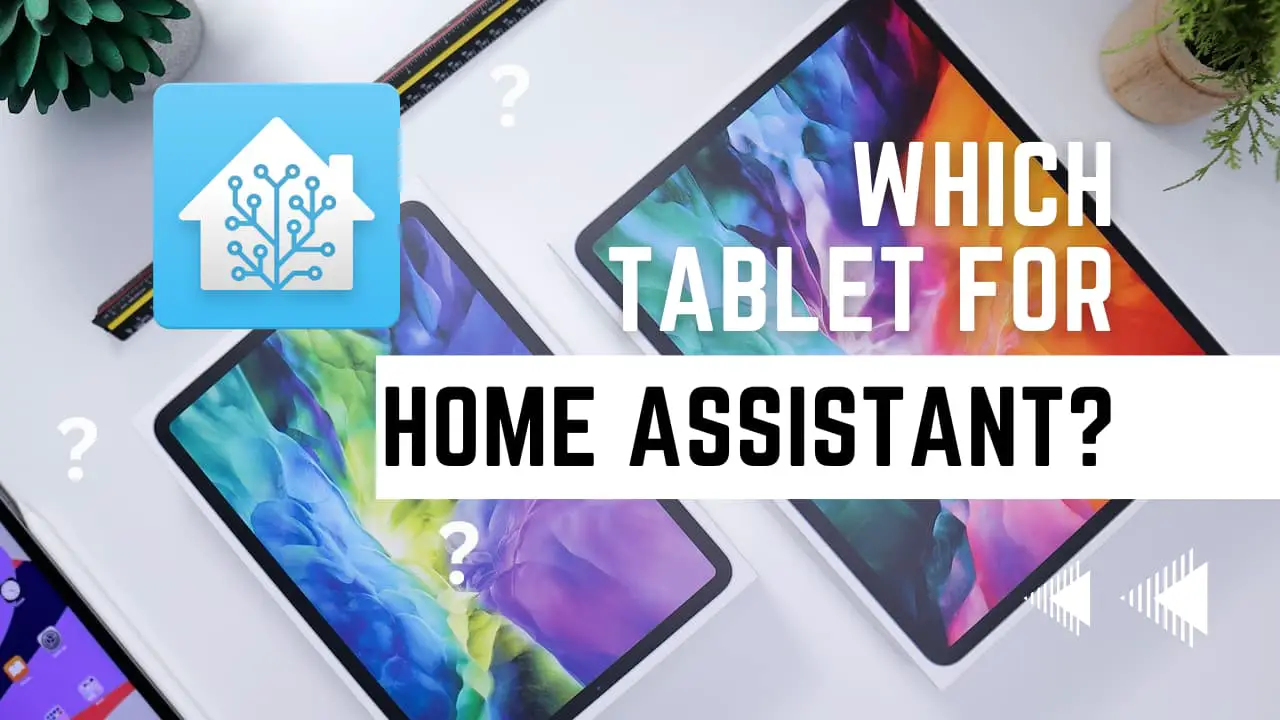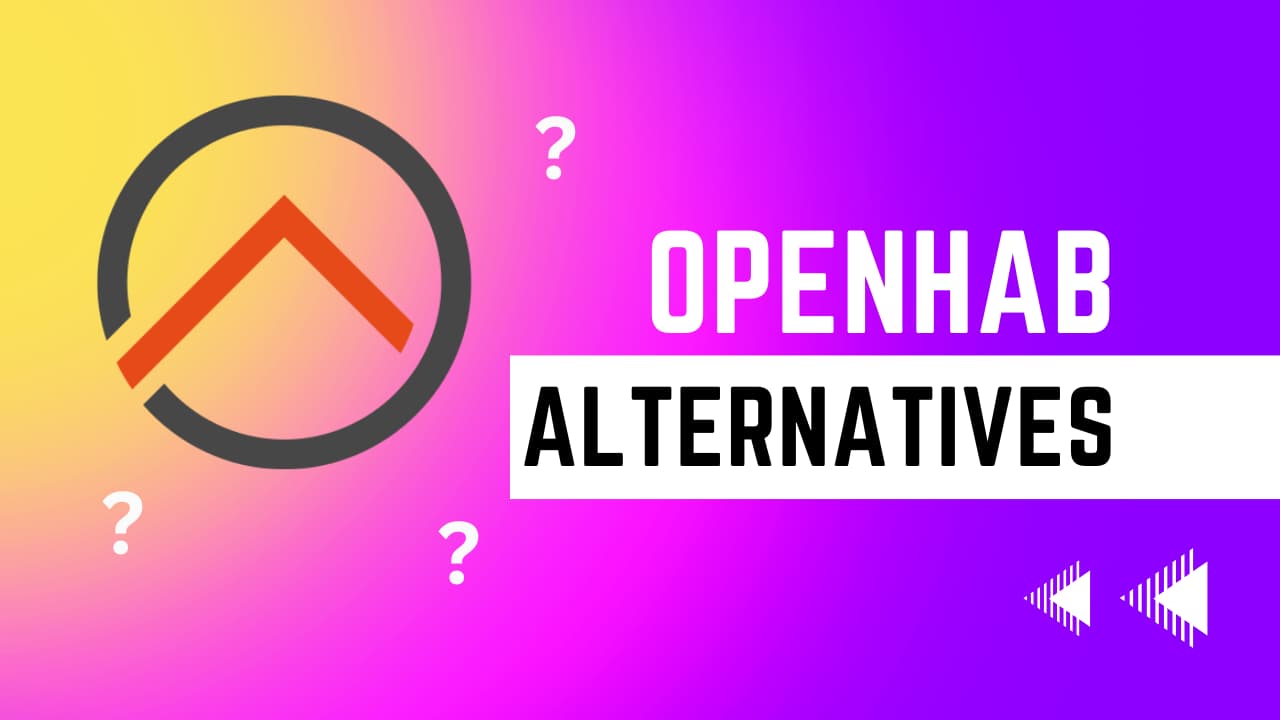
As the world becomes increasingly digitized, smart home automation has grown by leaps and bounds. OpenHAB, a popular home automation platform, has held its ground for years. Yet, with technology advancing at lightning speed, it's only natural to wonder: are there any OpenHAB alternatives that might better suit my needs?
What is OpenHAB
OpenHAB is an open-source home automation platform that allows users to integrate and control smart home devices from different manufacturers. It provides a unified interface to control everything in a smart home.
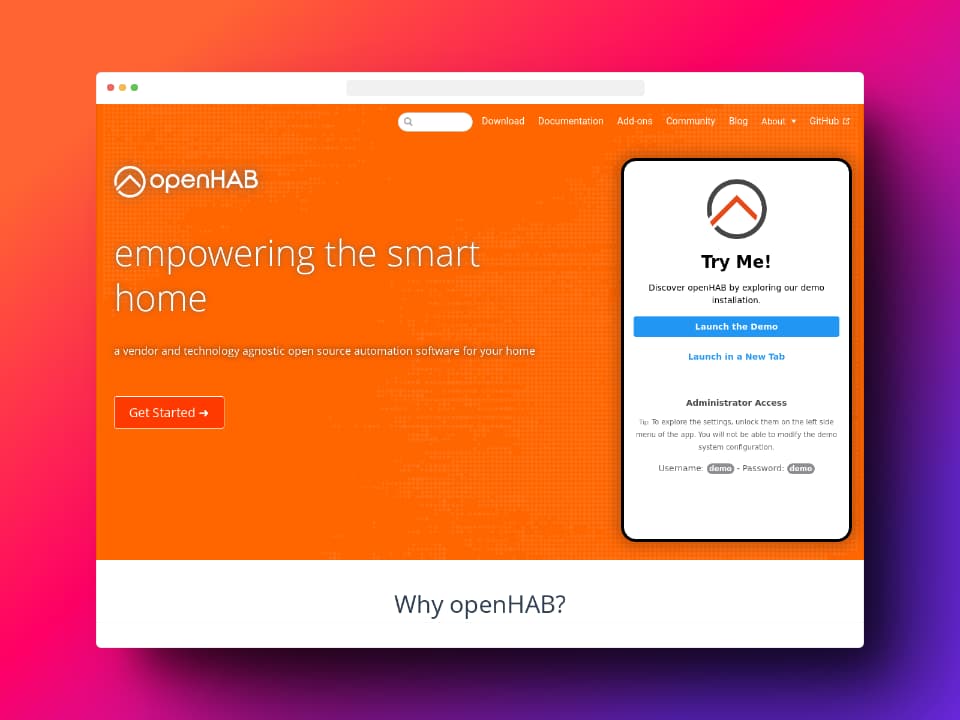 OpenHAB @ https://www.openhab.org/
OpenHAB @ https://www.openhab.org/OpenHAB's Role in the Smart Home Ecosystem
OpenHAB, standing for "Open Home Automation Bus," has long been at the forefront of this revolution. Its open-source nature means a vast community supports it, continuously evolving its features and functionalities. However, the digital landscape is vast, leading many to explore potent OpenHAB alternatives.
Why Look for Alternatives to OpenHAB
While OpenHAB is a powerful and flexible platform, there are some downsides like complexity and a steep learning curve. This leads many users to look for alternatives that are simpler to set up and use. Let's look at some of the top alternatives to OpenHAB.
Diverse Range of Devices
While OpenHAB supports a broad spectrum of devices, alternatives can offer more specialized device support tailored to specific ecosystems or regions.
User-Friendly Interfaces
A major gripe among OpenHAB users is the steep learning curve, particularly for those less tech-savvy. Some alternatives prioritize intuitive interfaces, ensuring anyone can set up and manage their smart home devices with ease.
Enhanced Data Security
With concerns about data breaches and privacy ever-growing, certain OpenHAB alternatives emphasize robust security protocols, offering users greater peace of mind.
Popular OpenHAB Alternatives
Home Assistant
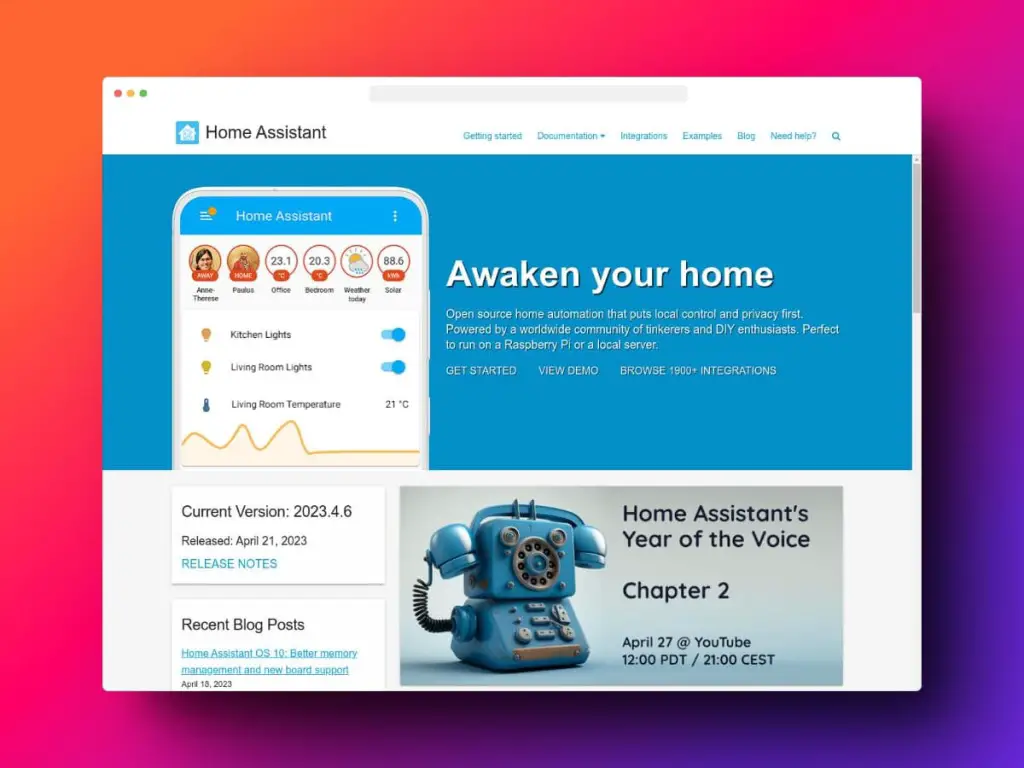 Home Assistant @ https://www.home-assistant.io/
Home Assistant @ https://www.home-assistant.io/Overview
Home Assistant is one of the most popular OpenHAB alternatives. It is also open source and has integration for over 2400 different smart devices and services. The interface is intuitive and easy to use.
| Pros | Cons |
|---|---|
| Simpler setup and configuration | Less flexible and customizable than OpenHAB |
| Very active community support | Limited automation rules engine |
| Frequent updates and new integrations | |
| More beginner friendly |
Domoticz

Overview
Domoticz is another excellent OpenHAB alternative focused on home automation. It can integrate with a variety of protocols including Z-Wave, Philips Hue, and more. Key features include a responsive interface, robust automation, and remote access.
| Pros | Cons |
|---|---|
| Very lightweight and resource-efficient | A steep learning curve for beginners |
| Allows remote access and control from anywhere | Add-ons and plugins cost extra |
| An active community of users | Not as flexible as OpenHAB |
| Available for multiple platforms |
OpenRemote
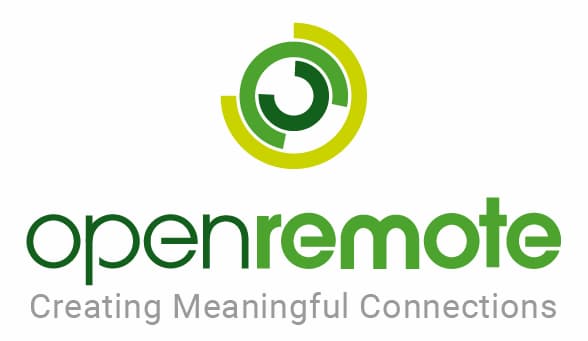
Overview
OpenRemote is an open-source platform for controlling smart homes. It focuses on delivering a simplified user experience for home automation. The interface is designed to be accessible from desktop and mobile devices.
| Pros | Cons |
|---|---|
| User-friendly graphical interface | Smaller user community than OpenHAB |
| Integration with Nest, Philips Hue, Sonos etc. | Limited device support and integrations |
| Rules engine for automation | Not as customizable as OpenHAB |
| Cloud connectivity and mobile apps |
Less Popular Alternatives to OpenHAB
ioBroker

ioBroker is a home automation platform focused on JavaScript and Node.js. It has integration with MQTT, Philips Hue, Alexa, and Google Assistant. The interface uses tiles for controls.
FHEM

FHEM is a home automation software written in Perl. It can integrate with Z-Wave, EnOcean and other smart home platforms. The interface uses a text-based configuration.
MajorDoMo
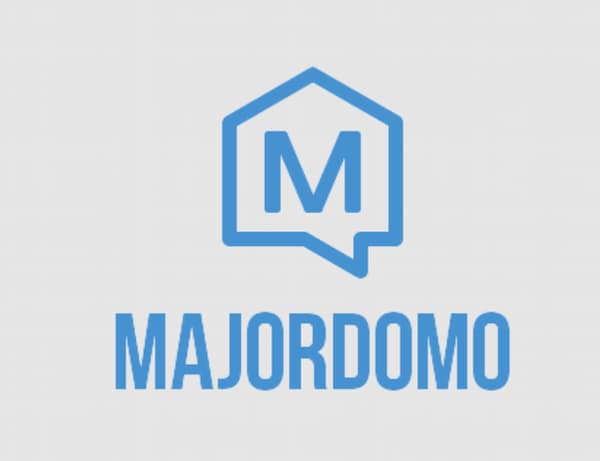
MajorDoMo is written in Java and XML. It provides integration with devices using Z-Wave, EnOcean, and GNU RF protocols. The interface is web-based for desktop and mobile access.
Choosing the Right OpenHAB Alternative
Considerations when Choosing
When evaluating OpenHAB alternatives, some key considerations include:
Your level of technical expertise
Number of integrations needed
The desire for customization vs ease of use
Local vs cloud-based system
Available community support
Mobile and remote access requirements
Recommendations
For most homeowners, Home Assistant provides the best blend of usability and customization. Domoticz is also a great choice if you want efficiency and remote access. OpenRemote simplifies the interface for beginners.
Advanced users that want maximum flexibility can look at options like ioBroker or FHEM. Evaluate your needs and technical capabilities when deciding.
Conclusion
Summary
OpenHAB is a powerful home automation platform but has a steep learning curve. Popular alternatives like Home Assistant, Domoticz, and OpenRemote offer simpler setup and configuration. They provide varied benefits like intuitive interfaces, robust integrations, and remote access.
Final Thoughts
Consider your home automation needs, level of expertise, and device ecosystem when choosing an OpenHAB alternative. Home Assistant is a great starting point for most users. But Domoticz, OpenRemote, and other options also have their unique advantages. The open-source community continues to enhance these platforms regularly.


